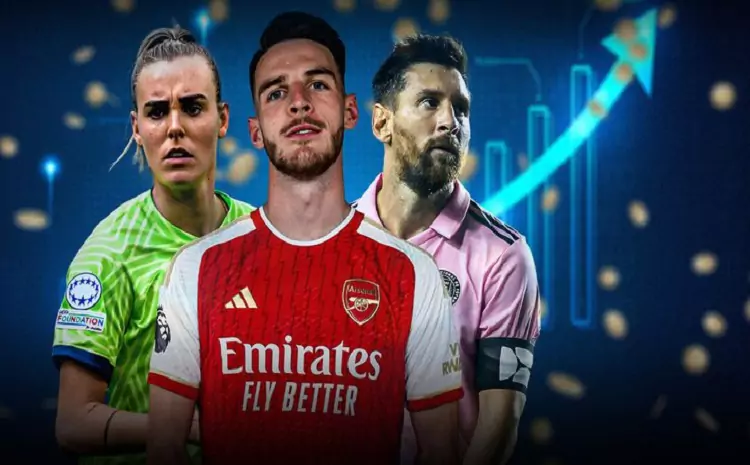The world of football is ever-evolving, not just on the pitch but also in the complex dynamics of player transfers and contract negotiations. Traditionally, football agents have played a pivotal role in these processes, representing players and clubs in negotiations to secure the best possible deals. However, a growing trend suggests that the market for these agents might be facing a significant transformation. The rise of insiders—individuals with deep connections within clubs and a profound understanding of the football landscape—promises to reshape the industry. This article explores the potential decline of traditional football agents and the concurrent rise of insiders in the football world. To bet on football matches, it is best to use the bookmaker Mostbet, which can be found in detail on the website https://melbetaz.app/.
The Role of Traditional Football Agents
Football agents have historically been central figures in the football market, tasked with representing their clients’ interests. They negotiate contracts, secure endorsements, and facilitate transfers, often navigating complex regulations and legal challenges. Their expertise in contractual law, negotiation tactics, and market values has been indispensable for players and clubs alike. Agents like Jorge Mendes and Mino Raiola have become as famous as the players they represent, highlighting the agent’s role as not just a negotiator but also a career advisor and personal confidante. However, their substantial commissions and sometimes controversial methods have sparked debates about their influence on the game.
The Rise of Insiders
In contrast to traditional agents, insiders are individuals who operate within the football ecosystem, leveraging their extensive networks and knowledge of the game. These insiders often include former players, club officials, and even journalists who have transitioned into roles that resemble those of agents but with a focus on leveraging personal relationships and insider knowledge. The key advantage they hold is their intimate understanding of the club’s needs, player dynamics, and the subtleties of football culture, which can be invaluable in negotiations. Insiders operate with a level of trust and rapport that traditional agents might struggle to achieve, given their more transactional relationships.
The Impending Shift
The market shift from traditional agents to insiders is driven by several factors. Clubs and players are increasingly seeking to reduce transaction costs, including hefty agent fees, which can often inflate transfer sums. The insider’s approach offers a more cost-effective and relationship-based model. Additionally, the football world’s increasing scrutiny over financial fair play and transparency has led to a preference for dealings that appear more straightforward and less commercially driven. Insiders, with their emphasis on long-term relationships over immediate financial gain, naturally fit into this evolving landscape.
Conclusion
While it’s premature to declare the football agent market dead, it’s clear that the industry is undergoing significant changes. The rise of insiders signifies a shift towards a more nuanced, relationship-driven approach in football transactions. This doesn’t necessarily spell the end for traditional agents, but it does suggest that their role might need to evolve to coexist with or even embrace the qualities that insiders bring to the table. As football continues to grow in complexity and scrutiny, the dynamics of player representation will undoubtedly continue to evolve, reflecting the broader changes within the sport itself.

